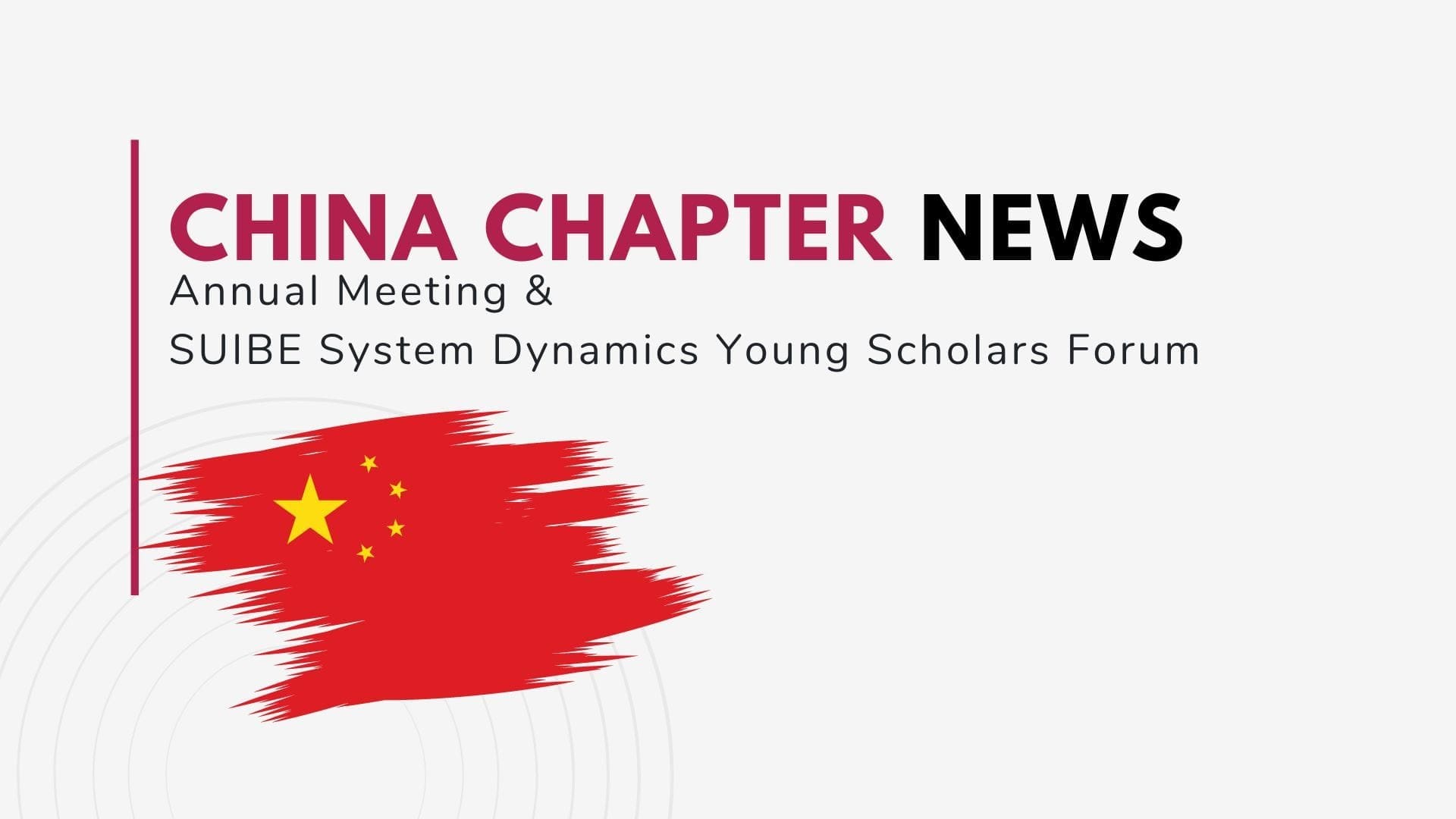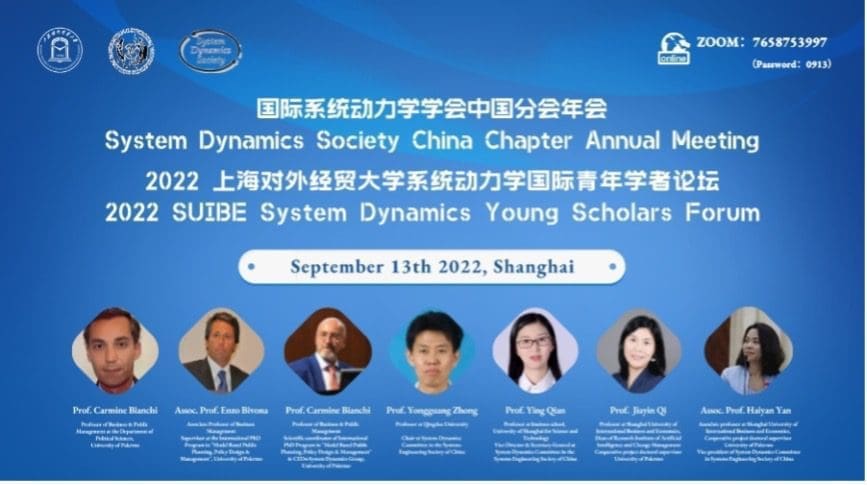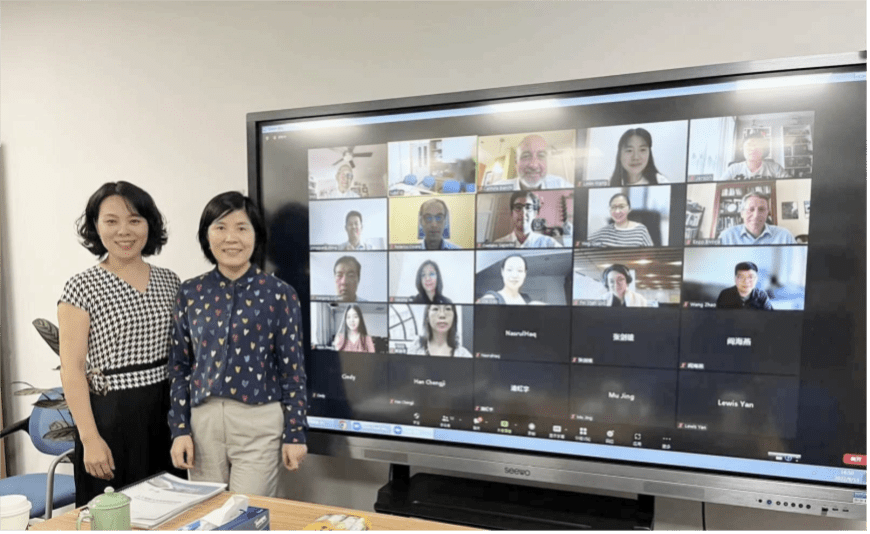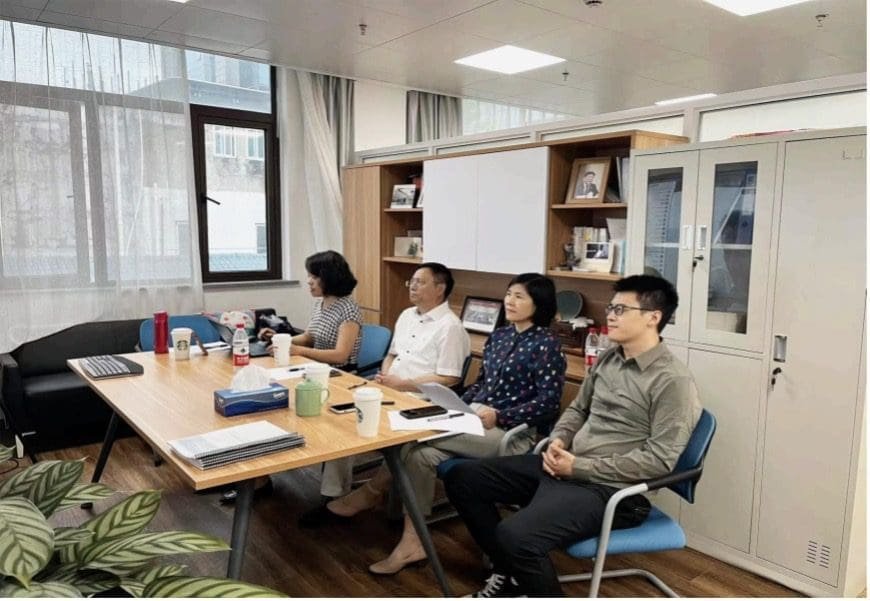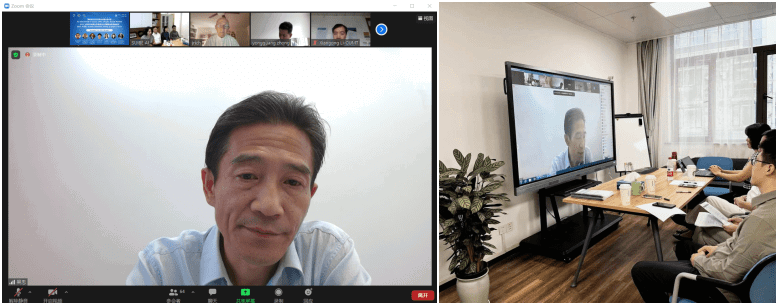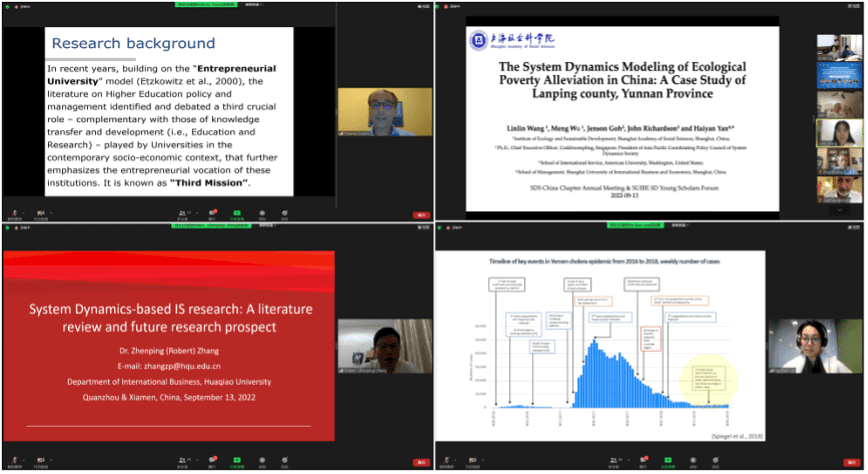Welcome Hossein Hosseini to the Oceania Chapter Policy Council
Dear colleagues,
Welcome, Hossein Hosseini, a new member of the Policy Council of the Oceania Chapter of the System Dynamics Society.
We are delighted to have you join the Policy Council and hope we can harness your interest and enthusiasm to help promote SD approaches in the region.
And thank you so much again for your tremendous assistance with the recent symposium.
Follow the Chapter announcements on LinkedIn.
Nominations Open for Vacancy in the Oceania Policy Council
6 December 2022
Nominations are open to fill a vacancy on the Policy Council of the Oceania Chapter of the System Dynamics Society.
Members of the Oceania Chapter Policy Council serve to uphold the objectives of the Chapter:
To identify, extend and unify knowledge contributing to the understanding of System Dynamics To promote the development and application of the field of System Dynam ics and the free interchange of learning and research in all r elated fields. To encourage and develop educational programs in System Dynam ics
The main chapter activities include an annual symposium and regular webinars to forward these objectives. Members wishing to bring new initiatives or enhance the current initiatives are welcome.
For more information, please reach out to an existing Policy Council member. Please send a brief expression of interest to Oceania Chapter President Chris Browne (Chris.Browne@anu.edu.au) by 31 January 2023.
Oceania Chapter: 2023 Systems Thinking & Modelling Symposium
Thanks to all for making the 2023 Symposium a great success.
See the program and abstracts: https://systemdynamics.org/chapters/oceania-chapter/oceania-chapter-annual-symposium/oceania-chapter-2023-oceania-chapter-symposium/
China Chapter News
China Chapter News
China Chapter News
The 2022 China Chapter Annual Meeting & Shanghai University of International Business and Economics (SUIBE) System Dynamics Young Scholars Forum was successfully held on September 13 as a combination of online and offline. More than 70 participants from universities, enterprises, and scientific research institutions attended the forum.
The theme of this forum was “System Dynamics and Collaborative Governance”. The purpose was to explore intersectional theories, concepts, issues, and lessons learned at the nexus of collaborative government and System Dynamics, to advance understanding of the cross-cutting and complex issues of collaborative governance implementation. Under the current general trend of interdisciplinary and coordinated development, in-depth academic discussions on this topic have essential theoretical and practical significance. This forum invites leading researchers both in system dynamics and collaborative governance to share their views and advice from the perspective of academics, public government, and business practices.
Prof. Wu Zhong, vice president of SUIBE, delivered the opening speech. He expressed his sincere congratulations on the convening of the forum and expected that this forum would inspire us both in methodological and theoretical contents. This forum is also an innovative exploration based on years of in-depth collaboration between SUIBE and the University of Palermo in Italy. Beginning in 2014, a collaborative Ph.D. program on “Model-Based Public Planning, Policy Design, and Management” was officially started. The development of the project has promoted academic cooperation and talent training between the two universities.
This forum had two sessions: “Moment of Glory” and “Moment of Rising Stars”. The Moment of Glory was dedicated to the memory of Professor Qifan Wang, one of the leading pioneers of System Dynamics in China, for his outstanding contribution to the development of the discipline. This session was chaired by Professor Yongguang Zhong, Chairman of the System Dynamics Committee of the Systems Engineering Society of China. First of all, the video clips show Professor Wang’s outstanding contributions to the leadership and development of system dynamics in China in various aspects such as talent cultivation, academic research, and international cooperation. Afterward, John Sterman, Paal Davidson, and John Richardson also revisited their friendship and experience of working with Professor Qifan Wang through videos. The representatives of Professor Qifan Wang’s former students also shared the guidance Prof. Qifan Wang provided to their academic path.
The discipline was passed on to young scholars represented by those participating in the “Moment of Rising Stars”. This session was chaired by Professor Jiayin Qi. Professor Carmine Bianchi from the University of Palermo delivered the keynote speech entitled “Enhancing societal resilience to super-wicked problems and localizing Sustainable development Goals through Dynamic Performance Management & Governance”. Young scholars Linlin Wang, Federico Cosenz, Peishan Loo, and Zhenping Zhang presented their research respectively. Each speech was followed by comments and discussions by two experts.
Finally, Professor Yongguang Zhong and Professor Enzo Bivona respectively summarized the whole forum. The overall arrangement and the quality of the academic discussion are the inheritance and development of system dynamics disciplines, promoted dialogue and communication between China and the rest of the world in the field of system dynamics, and the cultivation of more young scholars in this field.
Recent News
Society Governance Updates
New System Dynamics Society leadership
Call for Presenters: Seminar Series
Share your insights in the System Dynamics Society Seminar Series. Submit your proposal and join a global community of experts
A Close-Up on Our New Look
Discover the inspiration and process behind the System Dynamics Society’s new logo and branding, reflecting its commitment to advancing the field and fostering global collaboration
Upcoming Events
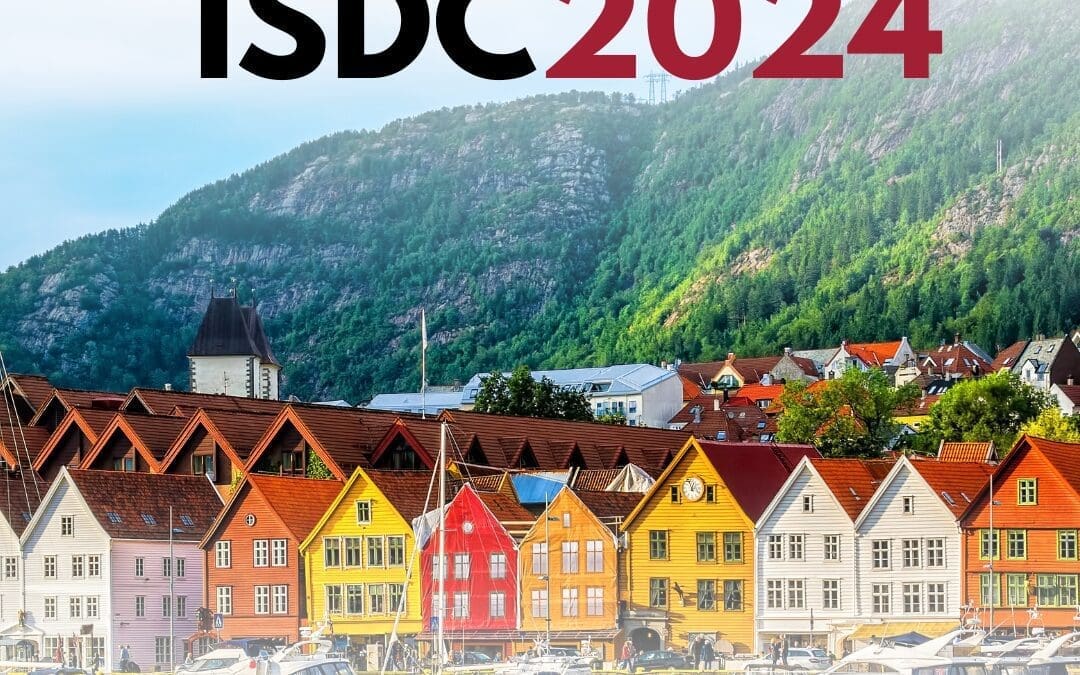
2024 International System Dynamics Conference
The International System Dynamics Conference is coming to Bergen! Save the date: August 4-8, 2024. We hope to see you there! #ISDC2024
Recent Business cases
System Dynamics Helps Evaluate Anticipatory Action on Cholera Outbreaks
Humanitarian agencies encourage anticipatory action in disaster response to cholera outbreaks in the Democratic Republic of Congo.
Management Design for Planted Forests in Japan Using System Dynamics
Hanno City in Saitama Prefecture used a system dynamics model to enable detailed analysis of labor requirements and changes in forest conditions.
Solving Bottlenecks in Dairy Production Facilities with System Dynamics
FriedslandCampina employed system dynamics to strategically enhance production efficiency in the midst of factory merging.
Join us
Collaborative Intention from Yongguang Zhong

为《系统动力学》再版寻找案例
案例作用:
寻找一个现实问题,作为全书的引子,围绕这个问题展开教学
案例要求:
- 简单。简单到为高中毕业生所理解(旨在为各专业的本科生所理解)
- 反直观
寻求新书合作者
本书主题 《系统动力学60年来的反思》
Search a case for the new version of my book ‘System Dynamics’
Purpose of the case:
Looking for a realistic problem, as the introduction to the whole book, to start teaching around this problem.
Case requirements:
- Simple. Easy to understand for high school graduates (designed to be understood by undergraduates in various majors)
- Counter-intuitive
find a coauthor for a new book
The subject of the book:
Reflections on System Dynamics in the Past 60 Years
Collaborative Intention from Yuyang Cai
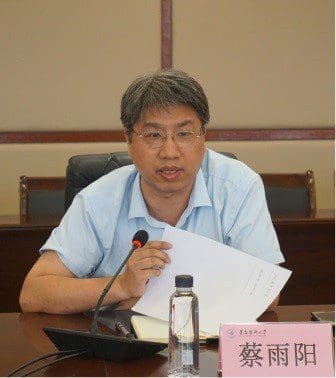
寻求健康体系、政策以及新冠防控的合作
团队:
所在COVID-19团队由顶级三甲医院主任、临床医生和公共卫生研究人员组成,已经发表多篇高水平研究论文(JCR Q1,Q2)。
合作:
目前想寻找有较好的研究主题,系统动力学建模以及合作研究论文,欢迎共同提升研究价值。
collaborative research of Health system & policy & COVID-19 prevention & control
Team:
The COVID-19 team is composed of directors, clinicians and public health researchers of top tertiary hospitals, and has published many high-level research papers (JCR Q1, Q2).
Collaboration:
I am currently looking for better research ideas, system dynamics modeling /writing or building skill,and collaborative research papers. Welcome to enhance the value of research.

